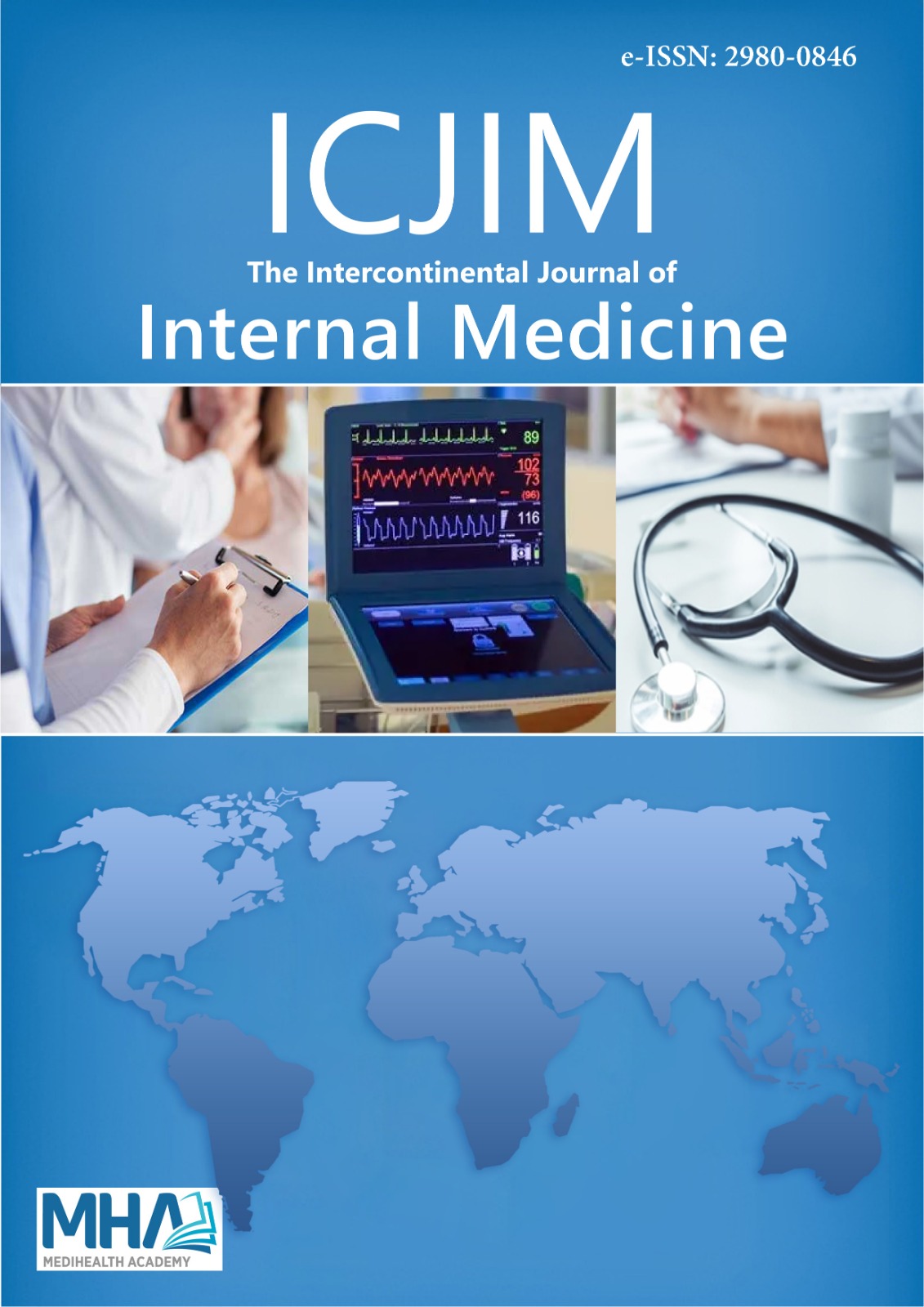1. Cai J, Chen H, Lu M, et al. Advances in the epidemiology of pancreatic cancer: Trends, risk factors, screening, and prognosis. Cancer Lett. 2021;520:1-11. doi: 10.1016/j.canlet.2021.06.027
2. Zhao Z, Liu W. Pancreatic cancer: a review of risk factors, diagnosis, and treatment. Technol Cancer Res Treat. 2020;19:1533033820962117. doi: 10.1177/1533033820962117
3. Dbouk M, Katona BW, Brand RE, et al. The multicenter cancer of pancreas screening study: impact on stage and survival. J Clin Oncol. 2022;40(28):3257-3266. doi: 10.1200/JCO.22.00298
4. Berlin J. Cancers of the pancreas update 2023. Clin Colorectal Cancer. 2023;22(1):1. doi: 10.1016/j.clcc.2023.02.002
5. Shah I, Silva-Santisteban A, Germansky KA, et al. Pancreatic cancer screening for at-risk individuals (pancreas scan study): yield, harms, and outcomes from a prospective multicenter study. Am J Gastroenterol. 2023;118(9):1664-1670. doi: 10.14309/ajg.0000000000002314
6. Chuong MD. Radiation therapy for borderline resectable pancreas cancer: more to come or yesterday’s news? Int J Radiat Oncol Biol Phys. 2023;116(4):705-706. doi: 10.1016/j.ijrobp.2022.12.005
7. Momtaz P, O’Connor CA, Chou JF, et al. Pancreas cancer and BRCA: a critical subset of patients with improving therapeutic outcomes. Cancer. 2021;127(23):4393-4402. doi: 10.1002/cncr.33812
8. Patel RK, Rocha FG. Perioperative chemotherapy for pancreas cancer: quo vadis?. Ann Surg Oncol. 2024;31(7):4176-4178. doi: 10.1245/s10434-024-15257-1
9. Stoffel EM, Brand RE, Goggins M. Pancreatic cancer: changing epidemiology and new approaches to risk assessment, early detection, and prevention. Gastroenterology. 2023;164(5):752-765. doi: 10.1053/j.gastro.2023.02.012
10. Su YY, Chiang NJ, Chiu TJ, et al. Systemic treatments in pancreatic cancer: Taiwan pancreas society recommendation. Biomed J. 2024;47(3): 100696. doi: 10.1016/j.bj.2023.100696
11. Park W, Chawla A, O’Reilly EM. Pancreatic cancer: a review. JAMA. 2021;326(9):851-862. doi:10.1001/jama.2021.13027
12. Wood LD, Canto MI, Jaffee EM, Simeone DM. Pancreatic cancer: pathogenesis, screening, diagnosis, and treatment. Gastroenterology. 2022;163(2):386-402.e1. doi: 10.1053/j.gastro.2022.03.056
13. Pilgrim CHC, Finn N, Stuart E, et al. Changing patterns of care for pancreas cancer in Victoria: the 2022 Pancreas Tumour Summit.ANZ J Surg. 2023;93(11):2638-2647. doi:10.1111/ans.18522
14. Dasgupta A, Gibbard DF, Schmitt RE, et al. A TGF-β/KLF10 signaling axis regulates atrophy-associated genes to induce muscle wasting in pancreatic cancer.Proc Natl Acad Sci U S A. 2023;120(34):e2215095120. doi:10.1073/pnas.2215095120
15. Mazer BL, Lee JW, Roberts NJ, et al. Screening for pancreatic cancer has the potential to save lives, but is it practical?.Expert Rev Gastroenterol Hepatol. 2023;17(6):555-574. doi:10.1080/17474124.2023.2217354
16. Buckley CW, O’Reilly EM. Next-generation therapies for pancreatic cancer. Expert Rev Gastroenterol Hepatol. 2024;18(1-3):55-72. doi: 10.1080/17474124.2024.2322648
17. Blackford AL, Canto MI, Dbouk M, et al. Pancreatic cancer surveillance and survival of high-risk individuals.JAMA Oncol. 2024;10(8):1087-1096. doi:10.1001/jamaoncol.2024.1930
18. Singhal A, Shrago SS, Li SF, et al. Giant cell tumor of the pancreas: a pathological diagnosis with poor prognosis. Hepatobiliary Pancreat Dis Int. 2010;9(4):433-437.
19. Kent TS. Scoring system to predict survival after resection of locally advanced pancreas cancer: what is achieved? Ann Surg Oncol. 2023; 30(5):2576-2577. doi: 10.1245/s10434-022-13088-6
20. Varghese AM, Singh I, Singh R, et al. Early-onset pancreas cancer: clinical descriptors, genomics, and outcomes. J Natl Cancer Inst. 2021; 113(9):1194-1202. doi: 10.1093/jnci/djab038
21. Tanaka Y, Kumagi T, Terao T, et al. ABO blood type and the long-term outcomes of pancreatic cancer. Intern Med. 2020;59(6):761-768. doi:10.2169/internalmedicine.3748-19
22. Mukherji R, Debnath D, Hartley ML, Noel MS. The role of immunotherapy in pancreatic cancer. Curr Oncol. 2022;29(10):6864-6892. doi: 10.3390/curroncol29100541
23. Kim J, Yuan C, Amundadottir LT, et al. Relationship between ABO blood group alleles and pancreatic cancer is modulated by secretor (FUT2) genotype, but not Lewis antigen (FUT3) genotype.Cancer Epidemiol Biomarkers Prev. 2023;32(9):1242-1248. doi:10.1158/1055-9965.EPI-23-0009
24. Stoop TF, Theijse RT, Seelen LWF, et al. Preoperative chemotherapy, radiotherapy and surgical decision-making in patients with borderline resectable and locally advanced pancreatic cancer.Nat Rev Gastroenterol Hepatol. 2024;21(2):101-124. doi:10.1038/s41575-023-00856-2
25. Yu KH, Park J, Mittal A, et al. Pancreas cancer and BRCA: A critical subset of patients with improving therapeutic outcomes. Cancer. 2021; 127(23):4393-4402. doi: 10.1002/cncr.33812
26. Springfeld C, Ferrone CR, Katz MHG, et al. Neoadjuvant therapy for pancreatic cancer. Nat Rev Clin Oncol. 2023;20(5):318-337. doi: 10.1038/s41571-023-00746-1
27. Smithy JW, O’Reilly EM. Pancreas cancer: Therapeutic trials in metastatic disease. J Surg Oncol. 2021;123(6):1475-1488. doi: 10.1002/jso.26359
28. Rehman M, Khaled A, Noel M. Cytotoxic chemotherapy in advanced pancreatic cancer. Hematol Oncol Clin North Am. 2022;36(5):1011-1018. doi: 10.1016/j.hoc.2022.07.006
29. Muaddi H, Kearse L, Warner S. Multimodal approaches to patient selection for pancreas cancer surgery. Curr Oncol. 2024;31(4):2260-2273. doi: 10.3390/curroncol31040167

